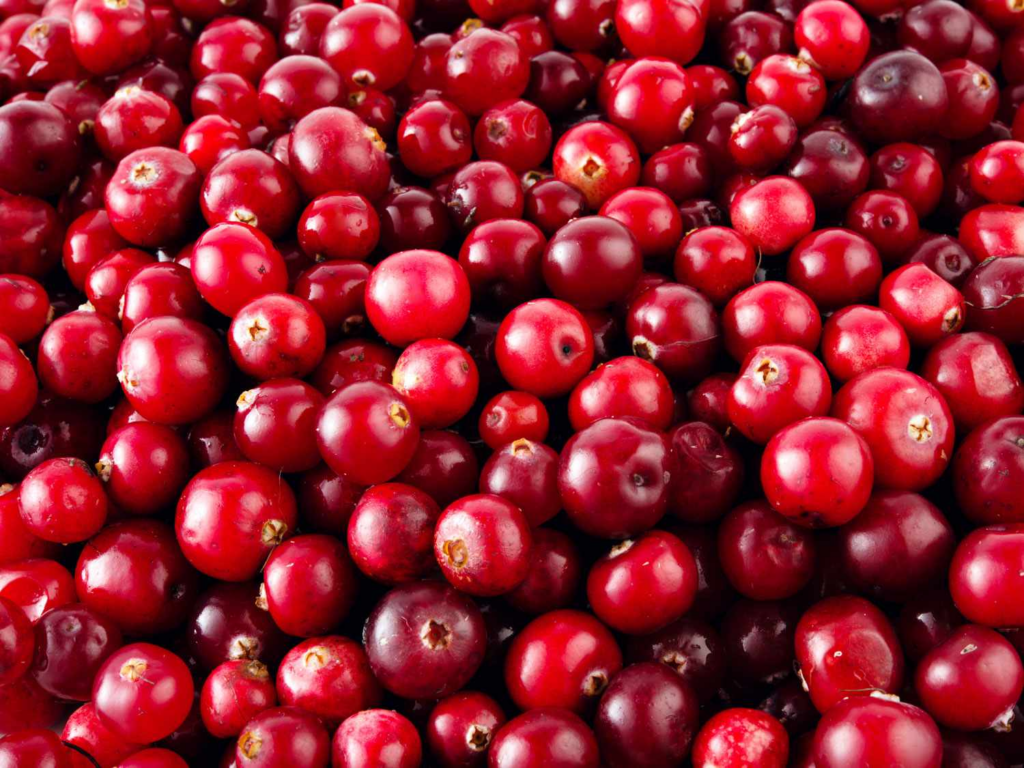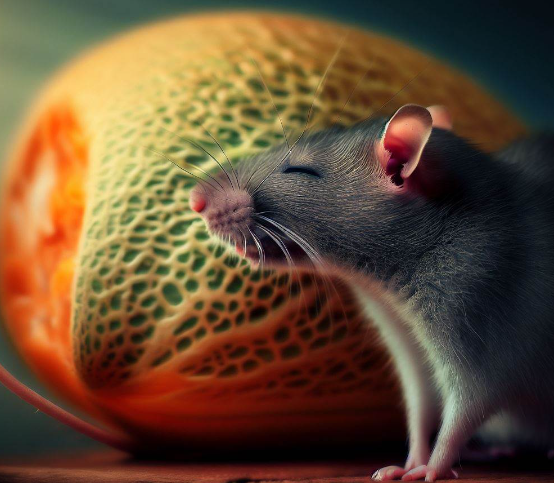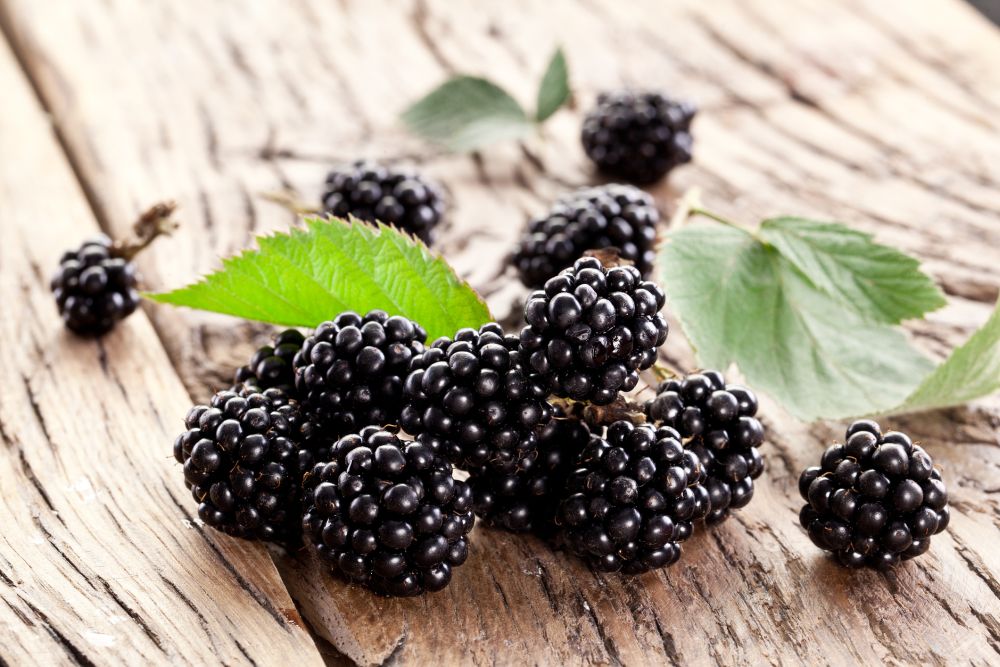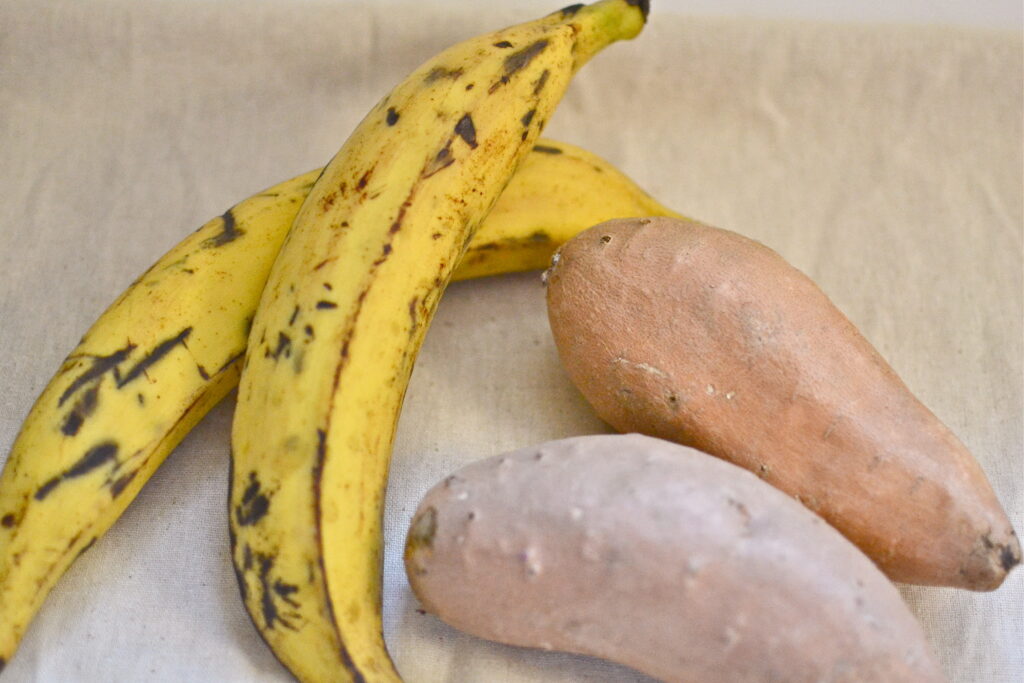Having clear and glowing skin is something we all desire, but acne can often get in the way. This skin issue does not discriminate – affecting folks young and old – and can cause feelings of embarrassment and frustration.
People are always looking for new and effective ways to fight acne, and some have started to ask if something as simple as eating pickles could make a difference. So let’s explore whether pickles could be the key to clear skin.
Table of Contents
- Understanding Acne and Its Causes
- Diet’s Role in Acne
- Can Eating Pickles Help with Acne?
- Why Pickles Might Be Surprisingly Effective
- The Pickle and Skin Connection
- How to Add Pickles to Your Diet
- Final Thoughts
- Common Questions About Pickles and Acne
- Are pickles a cure for acne?
- How many pickles should I eat per day?
- Can pickles worsen acne?
- Can I use pickle juice on my skin for acne?
Understanding Acne and Its Causes
Acne shows up when hair follicles get blocked by a mix of oil, dead skin, and germs. It can be set off by hormonal shifts, too much oil in the skin, and inflammation.
Diet’s Role in Acne
It’s known that what we eat affects our health, but saying certain foods directly cause acne isn’t completely right. Despite what many believe, there’s no solid proof that chocolate and oily food are to blame for acne. But recent studies have started to show that a person’s diet might have an effect on their skin.
Can Eating Pickles Help with Acne?
Pickles might be good for those dealing with acne. They contain probiotics, particularly if they’re fermented, and these can help with a healthy gut. When the gut is healthy, inflammation throughout the body including the skin might decrease, which could lead to fewer acne flare-ups.
Why Pickles Might Be Surprisingly Effective
Pickles’ secrets to healthier skin are in their nutritional makeup, specifically when they are fermented. The probiotics in these pickles can keep your gut functioning well, which might then result in better skin health and reduced acne.
The Pickle and Skin Connection
The probiotics in pickles, like lactobacilli, play a part in having a balanced collection of gut bacteria, which is beneficial for digestion. When your digestive system is working smoothly, it can show in the form of better skin.
Since pickles can lessen the inflammation in your gut, this action might help your body manage the inflammation that’s part of acne. However, keep in mind that research on pickles directly fighting acne is still ongoing and individual experiences can vary.
How to Add Pickles to Your Diet
If you’re interested in trying out pickles for their possible skin perks, it’s quite easy to start.
You could put fermented pickles in your salad, sandwich, or just snack on them. If you go for pickles in vinegar, they can bring a tangy flavor to your dishes, and unfermented ones add a bit of crunch.
Try out a few ways to include pickles in your meals and see if you notice any positive changes to your skin.
Final Thoughts
Pickles on their own won’t magically erase acne, but they might support skin health thanks to their probiotics. By fostering a flourishing gut, they could potentially lower inflammation and keep acne at bay.
Combining pickles with a diet rich in skin-supporting foods, a good skincare routine, and a healthy lifestyle may set you on the path to smooth, clear skin.
Common Questions About Pickles and Acne
Are pickles a cure for acne?
No, pickles don’t guarantee to cure acne, but the probiotics they contain might support skin health and help control inflammation.
How many pickles should I eat per day?
There isn’t a set number of pickles to have for acne benefits. Just add them into a well-rounded diet and see what suits your taste and body.
Can pickles worsen acne?
Typically, pickles don’t make acne worse, but everyone’s body reacts differently. Watch how your body reacts and choose what seems to fit for you.
Can I use pickle juice on my skin for acne?
Pickle juice has some germ-killing traits, but it’s not recommended as a main acne treatment. It might have benefits for the skin when used on the surface, but be cautious as it could also irritate your skin.









